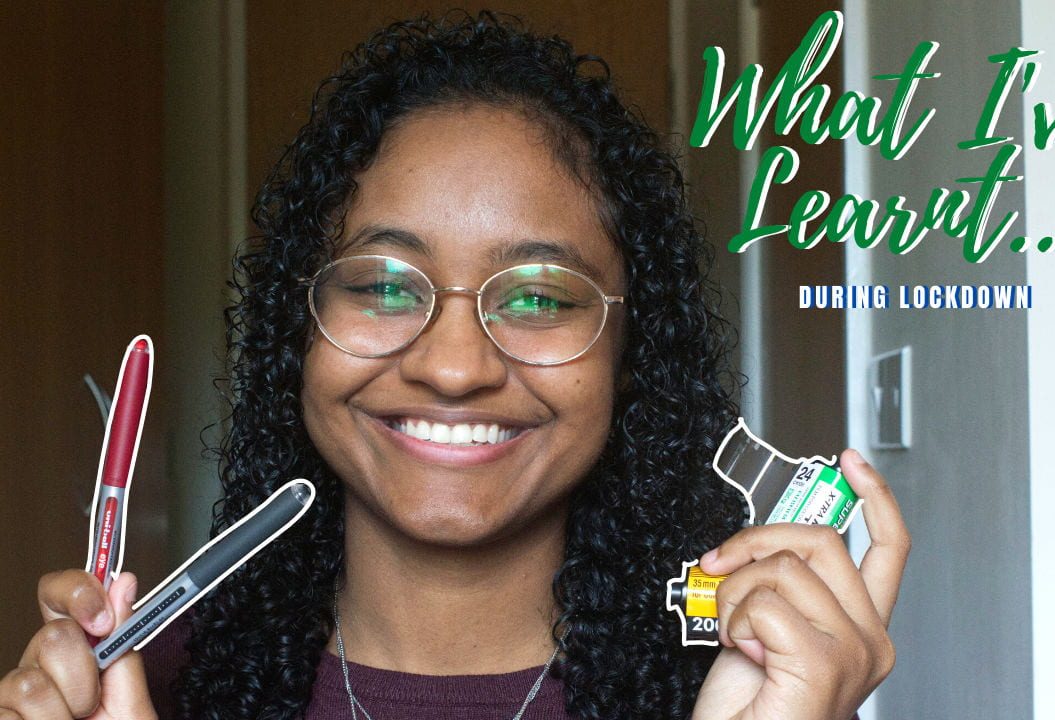Hi, I'm a second-year Advertising and Marketing student. After moving from South Africa by myself from a young age, I fell in love with writing as it was the best way to express myself while I was in isolation. Through…

How to start meditating
April 25, 2019,
read.
This article is more than 3 years old
As exam/deadline season is fast approaching and the stress rapidly building with each day I thought I would provide an alternative, more holistic way of dealing with the stress of it all.
Firstly, I would like you to congratulate yourself for getting this far, uni is challenging and it takes a resilient person to deal with the stress of completing a degree. I know when someone says mediation you might think of sitting in a lotus position and humming yourself to death, but meditation doesn’t have to be so bland.
Meditation has proven scientific benefits such as control of anxiety, reduced stress, increase in emotional health, improved attention span, improved memory and the list goes on. Each person has a meditation style that will best suit them but here are my tricks on how to get started and maintain the habit.
Find the right setting
Meditating in an environment you feel comfortable in is important to getting started. Find a quiet place where you’ll be uninterrupted. You might also want to play some soothing music, personally I listen to city sounds but others might enjoy beach or nature sounds. The aim when choosing your space is to think about a safe space, the more comfortable you are the easier it will be to let go.
Find the right time
Try to establish a time in your day that you will be able to fully dedicate to your mediation. I try to mediate every night before bed because by then, I’ve processed my day. However, if you don’t have the time you could do it in the morning or even afternoon. It doesn’t have to be an hour meditation, start small and as it becomes habitual; you can choose to add time onto your mediation.
Don’t focus on what you think your brain should be doing
When it comes to meditation a lot of people think they’ve failed because they can’t “silence their brains”. It’s completely normal for your brain to be racing with thoughts, after all we do process an average of 2,500-3,3000 thoughts per hour. Focus on counting your breaths, this takes away from your thoughts and centres your brain on one thing. The goal isn’t to silence the mind; but to find out what it’s trying to tell you.
Find your why
With every new habit, it’s important to understand why you are doing it, so you don’t lose focus or become inconsistent. My ‘why’ was simply because I just wanted to hear myself think. Meditation is a part of my self-care routine and its an easy way to identify, process and let go of my feelings. As mentioned earlier it has added benefits and by including meditation in my night time routine, I have become more disciplined and more emotionally intelligent.
Try an app
There is a plethora of apps on the app store that centre around meditation. Headspace is a free, popular one as it offers you guided mediation and also helps you build the habit by tracking app engagement. Additionally, meditation doesn’t have to be in a room full of trees and nature sounds; apps like Headspace and Calm display sessions for when you’re walking, at the gym etc.
Just remember: don’t give up. Like any other muscle the brain needs training in order to grow, each day will be progress, just do your best and the rest isn’t up to you.
- Topics
- Arts & Culture
- Meditation
- Stress




